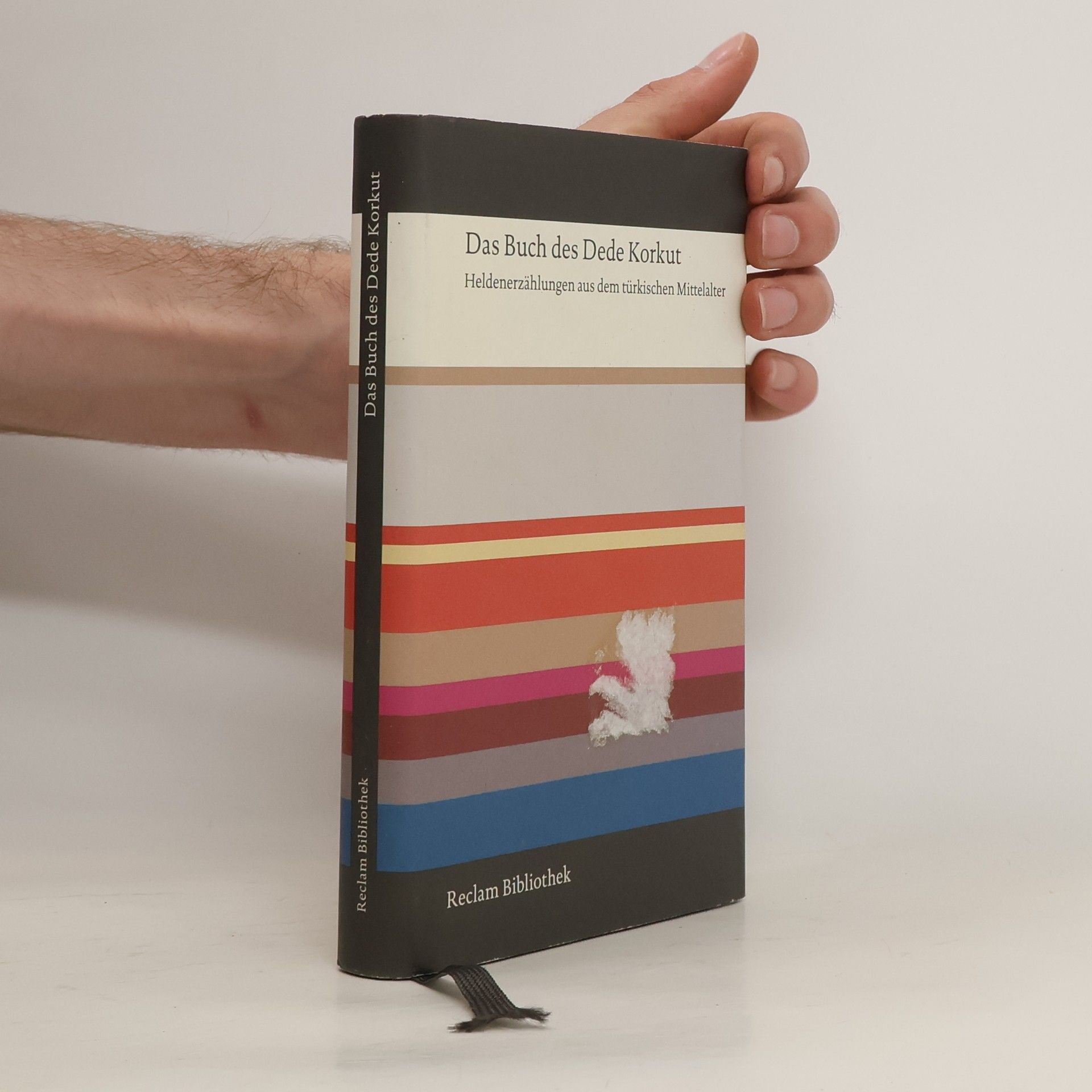Das Buch des Dede Korkut
- 299 Seiten
- 11 Lesestunden
Dede Korkut, „Väterchen“ Korkut, ist der Erzähler von zwölf kleinen Heldengeschichten. In der Türkei kennt sie jedes Kind. Es sind Geschichten voller Relikte mündlicher Erzähltraditionen und Details aus dem Leben einer nomadischen Kultur, Geschichten von unbeherrschbaren und manchmal unbeherrschten Helden, starken Vätern und noch stärkeren Söhnen, vom Krieg mit andersgläubigen Nachbarn, aber auch von Brautwerbung um selbstbewußte - und kampfgewandte - schöne Töchter und von stolzen und ehrwürdigen Müttern. Neu und mit viel Sinn für den gelegentlich spöttisch-ironischen Ton wurden diese Geschichten von Hendrik Boeschoten ins Deutsche übersetzt.
